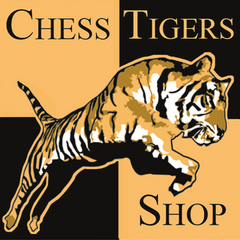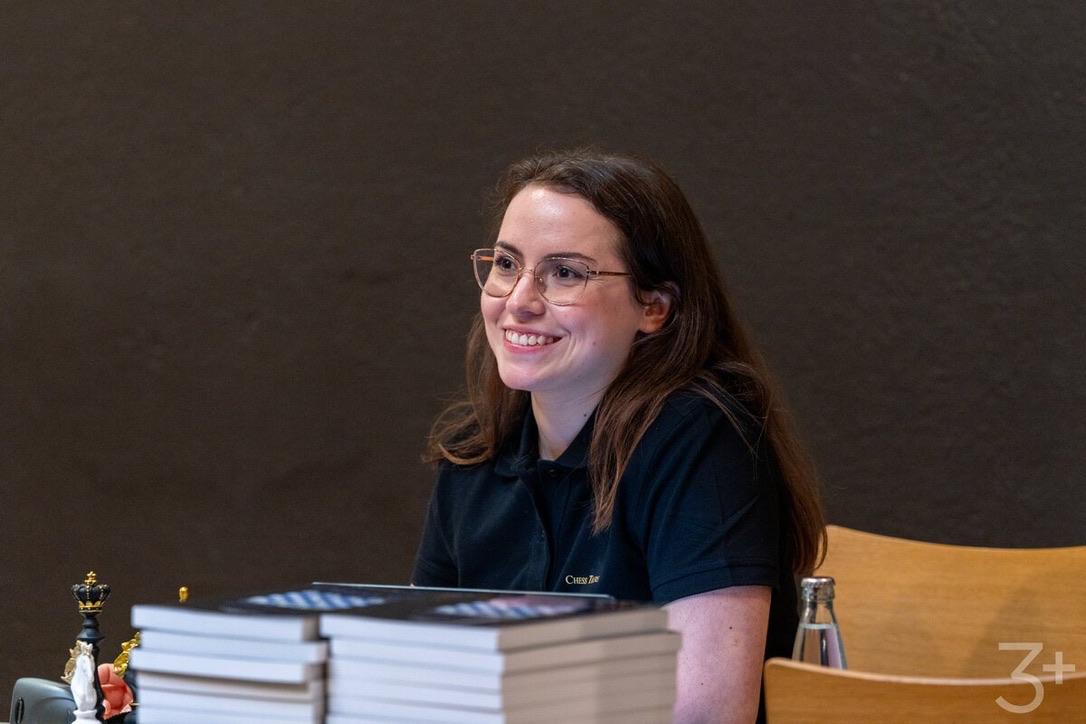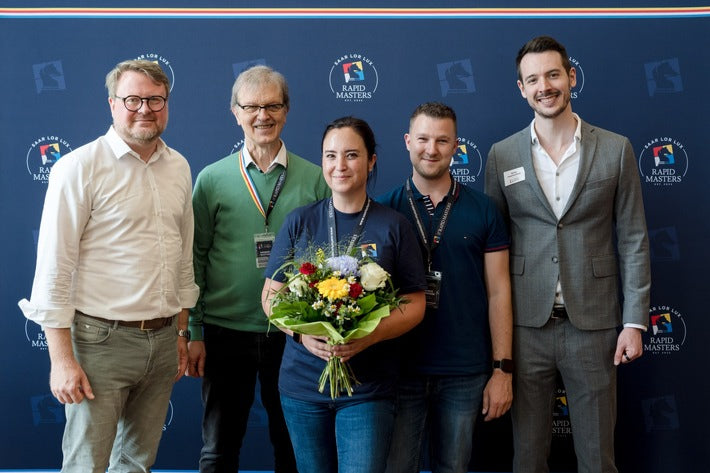The European Club Cup (ECC) is the chess equivalent of the Champions League in football. The strongest teams in Europe and the best players in the world compete in the seven-round race in order to be able to lift a big trophy at the end.
There are of course differences to the Champions League. Instead of large sums of money for the clubs, the teams have to pay extra. Hotel and travel costs are difficult for many clubs to cover. Often the players, especially those in the semi-professional sector, dig into their own pockets to make participation possible.
The lack of financial incentive means that the ECC qualification process is obsolete. Those who can afford it get a place. Those who find the financial outlay too great don't.
The ECC is usually organized at a very high level. The vast majority of games are broadcast live and there are many absolute top pairings. This year the ECC will take place from September 30th, 2023 to October 7th, 2023 in Durres, Albania. The tournament is divided into an open tournament and a women's tournament.
Magnus Carlsen, the best active chess player, is taking part. He and his club Offerspill are starting the race as number 4 in the starting rankings. Among others, he is in a team with Aryan Tari, "Chess-Brah" Erik Hansen and a number of other interesting grandmasters. If the team Carlsen is playing for is "only" seeded 4, it already shows what quality the tournament has. Superchess is seeded 1 in the seeding list. A Romanian team that has gone on a shopping spree at the top of the world without forgetting its Romanian roots. Vishy Anad, a former world champion, is sitting on the first board, followed by the Romanians Richard Rapport, Daniel-Bogdan Deac and Kirill Shevchenko. Rapport and Shevchenko only recently found their way to the Romanian Federation from Hungary and Ukraine respectively. The team is completed by Jorden van Foreest, Vladimir Fedoseev, Liviu-Dieter Nisipeanu and Constantin Lupulescu. The men play on 6 boards. With 8 players in the squad, there is always an opportunity to take a rest.
The traditionally strong team Novy Bor from the Czech Republic is seeded 2nd. They are led by Cincen Keymer, followed by the two top Czech players David Navara and Thai Dai Van Nguyen. But the other players in the team, which also consists of 8 players, are no less interesting: David Anton, Nils Grandelius, Markus Ragger, Mateusz Bartel and Stepan Zilka.
The number three seed wears the French colors. Team Le Grand Chiquier is led by Maxime Vachier-Lagrave followed by Haik Martirosyan, Jules Mousard, Sergei Movsesian, Matthieu Cornette, Aleksandr Delchev, Jean-Marc Degraeve and Grigoriy Oparin.
The best German team, according to the starting rankings, is SC Viernheim. And here too, the squad reads like a "who's who" of international chess. At 1st place Shakh Mamedyarov, at 2nd place Bassem Amin, then Anton Korobov, Yuriy Kryvoruchko, Dennis Wagner, Sergey Fedorchuk, Sebastian Maze and Fabien Libiszewski.
Also interesting from a German perspective is the participation of SV Werder Bremen. They are seeded 22nd by Roeland Pruijssers, followed by the young Bundesliga players Spartak Grigorian, Nikolas Wachinger, Jari Reuker and Collin Colbow. The team is completed by the French FM Sven Charmeteau, who lived in Bremen for many years, was an important part of the club there and now lives back in France near Paris.
In the women's competition, Elisabeth Pähtz is part of the team from Monaco, which is traditionally one of the favorites to win the women's tournament.
The other top German player in the women's tournament, Dinara Wagner, will compete for the women's team of the Romanian Superchess team. Here, Irina Bulmage is the only Romanian in the team.
The fact that strong amateurs and semi-professionals meet the world's best is certainly part of the future
Image: clubcup2023.com
Aktuelle Empfehlung
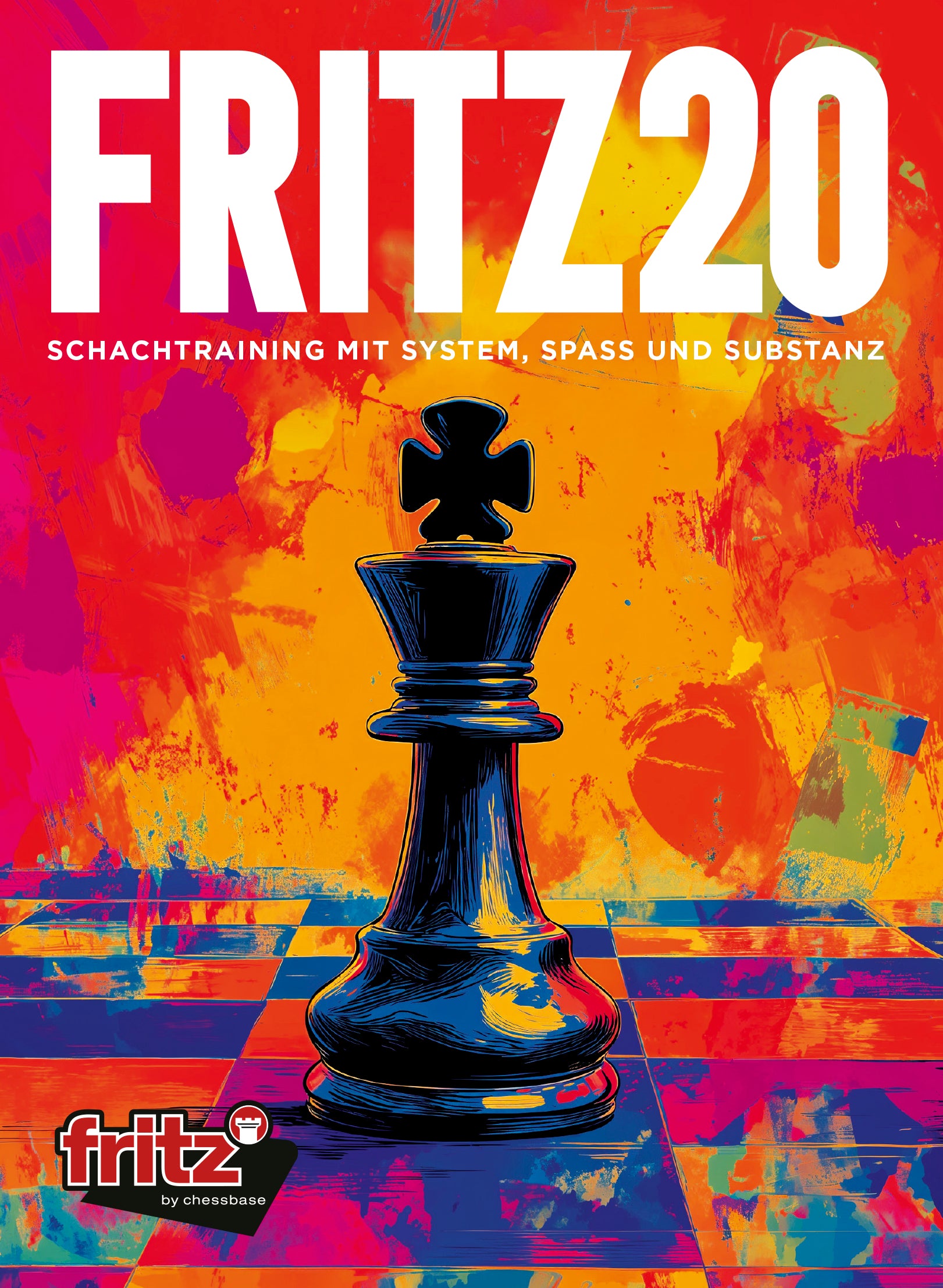
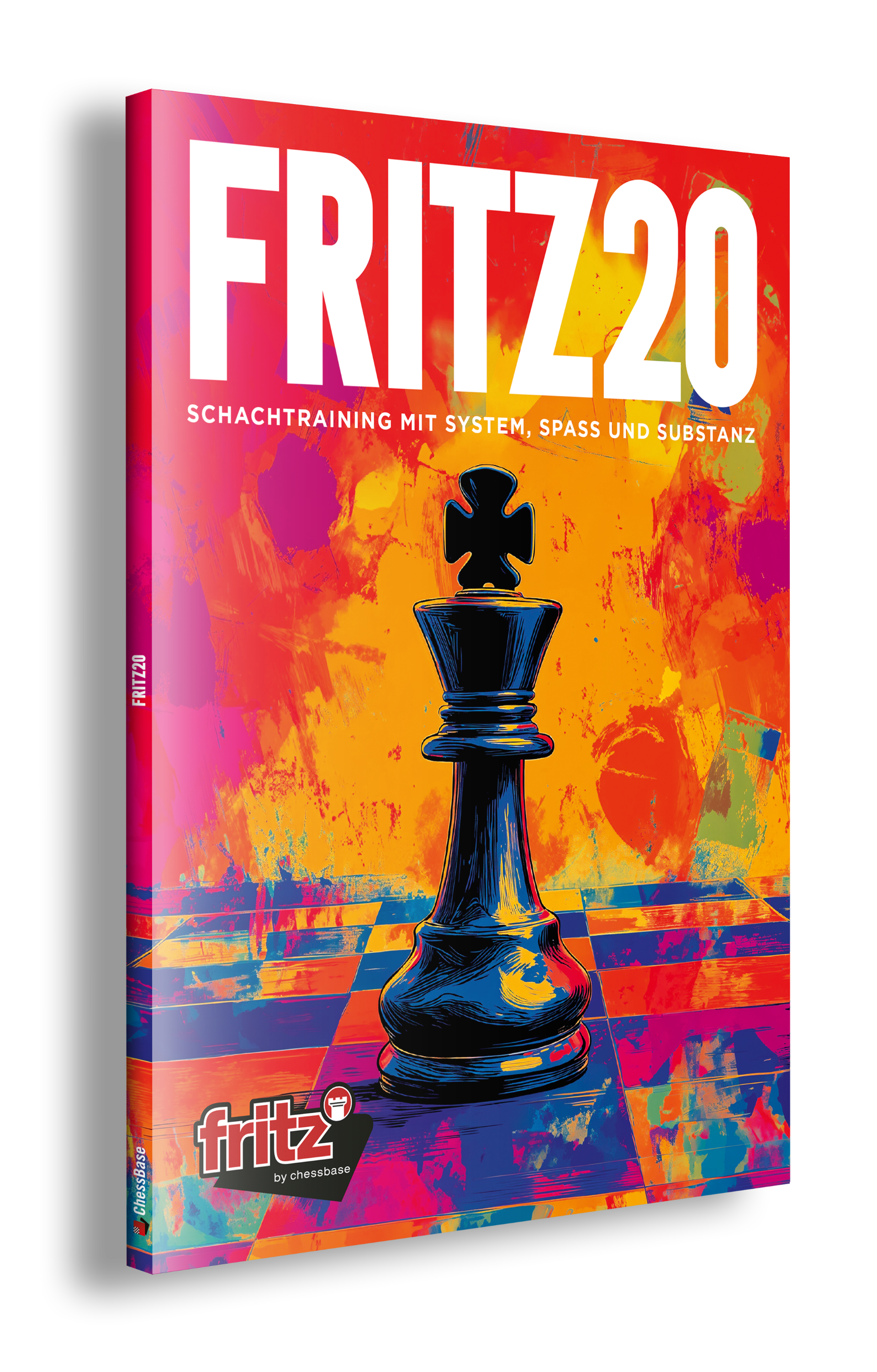
Chess Tigers Shop
Fritz 20 - DIE Schachsoftware 2025 - deutsch
Versandmethode:Download-Link per E-Mail
Quantity:

